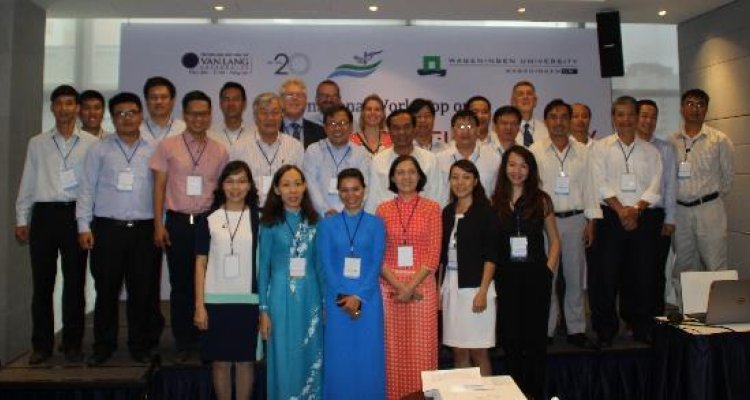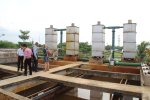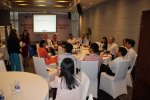
Project
Enabling sustainable industrial development in Vietnamese deltas: reducing, recycling and multi-sourcing industrial water (ENTIRE)
Delta areas have a large economic importance; they form the connection between the resources of the main land and those of the sea. Industrial, agricultural and residential sectors articulate a huge demand for water resources to sustain and develop society and economy. A sustainable use of fresh water resources is required to prevent it becoming a limiting factor for economic development. This research aims to develop, model, design and implement a technological and governance framework for water and waste water services for sustainable development of industrial areas and their associated residential areas, preserving fresh water resources for urban water functions and agricultural production.
The research consists of three components:
First a model that dynamically matches the various water demands, ‑discharges and -sources taking into account quantity, quality and temporal aspects will be developed. The model works as an analytical and design instrument at the individual company level and on industrial zone level. The aim is to optimise the intake and discharge of fresh water.
Second, an analysis of the potential for and the design of an innovative institutional and governance structure for a sustainable water supply system for Hiep Phuoc and Long Hau industrial zones in Vietnam will be done, using a participatory network approach. Within this approach the industrial zone authorities and companies, some of who are partners within the project, will be core participants.
Finally, the experience within Hiep Phuoc and Long Hau Insdustrial Zones as well as best practices elsewhere will be translated into a heuristic-based, contextualised decision-making model for designing sustainable industrial water supply and use system. The aim is to be able to apply this model for identifying the most appropriate water system for industrial zones under specific local conditions.

